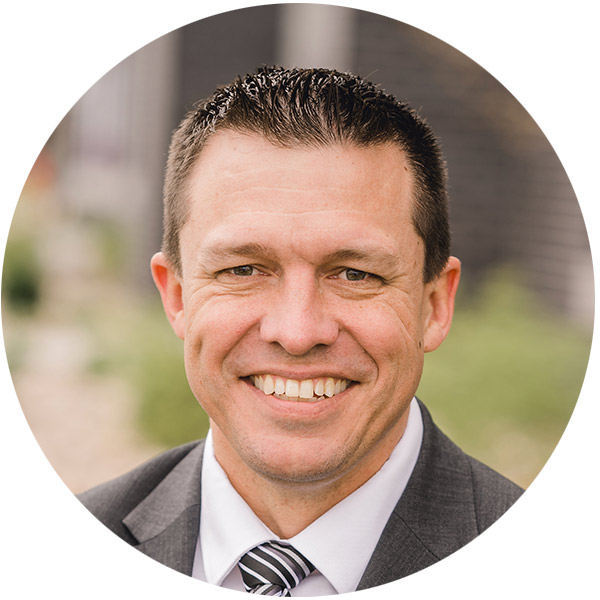This op-ed originally appeared in the Deseret News.
Many teachers put in long hours every week trying to meet the individual needs of each of their students.
As a sixth-grade teacher in a low-income school, I remember one brilliant student. During lessons, he would ask the most insightful and amazing questions. He could understand complex science topics easily.
He also had Asperger’s. He would often not understand the subtle nuances of everyday conversations. Some of the kids would pick on him until he would yell at them. My classroom was not working for him. He needed something that I couldn’t provide him in the public school system.
I was often frustrated by the slow-moving nature of public education. As teachers, we would discuss the needs of our struggling students. The school would ask us to take data for six weeks while we tried to help the students on our own. If no progress was made, we would bring our information to the school team.
Sometimes, they would take that information and request special education testing. That can take up to 45 days. That is 75 days of school from when the process started, almost half of the school year.
As a principal, I tried to get students help sooner. While the teacher was taking data, I would assign an aide to work with a student in a one-on-one or small group setting. The teacher would provide guidance on what to work on. But I couldn’t do it for every student who needed it.
As a teacher and principal in public schools for the last 14 years, I worked with numerous parents trying to create customized education for their children. We implemented clubs, after-school programs and choirs to meet the interests of students.
I had home-schooled students who would attend one day a week so they could receive speech services from our school. I did what I could in the system to support parents, but the system has limits.
Sometimes, the best fit for students wasn’t a public school at all.
I sometimes see the parents of these students while I am out running errands. Some tell me about an awesome program they found for their student. It is helping. Their child is thriving. But I rarely hear about this from parents of low-income families. Most can’t afford something like that.
The Hope Scholarship is a solution for all parents from every economic level. And it does it better than I could as a public school employee. The scholarship puts parents in control of the weighted pupil unit (WPU). This is the amount of money each child is assigned in the base budget for education.
Parents can get their students the education and support they need. Parents can find a school, program, or educational therapy that works for their children. And they can do it right when their child needs it.
There is no question that most parents support funding students and not systems.
Please contact your legislator and let them know that you support funding students over systems. Tell them to vote yes to the Hope Scholarship.





